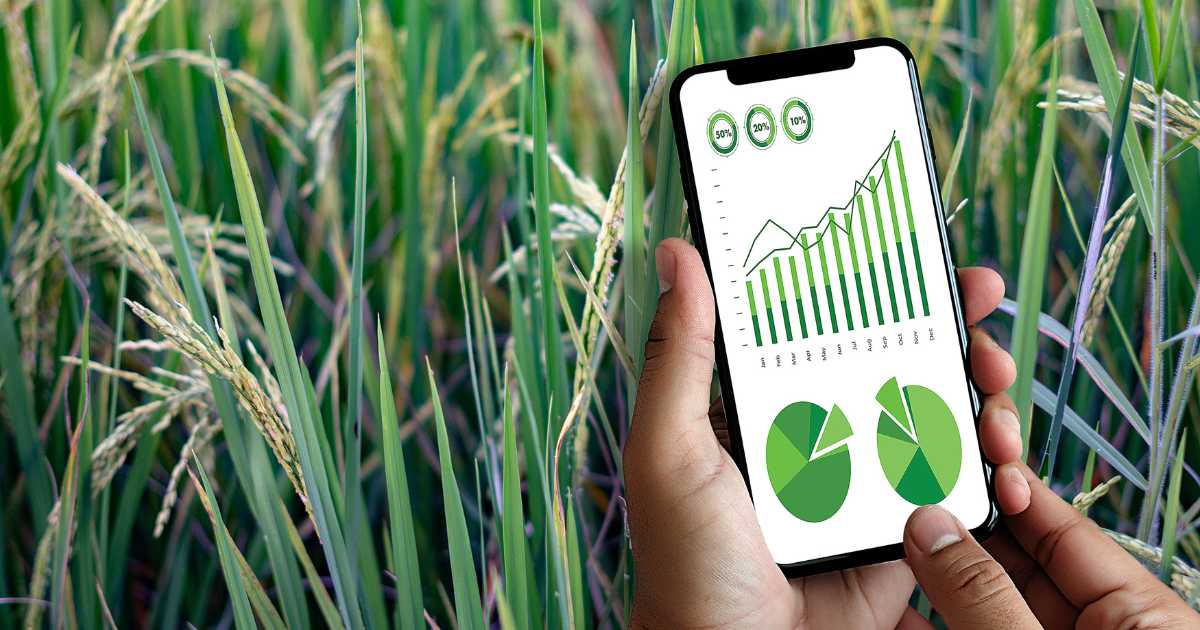
Agricultural management, or farm management, is the practice of running your agricultural business. Like any business, a farm or agri enterprise needs to be productive, efficient, and successful. To achieve this, a few business management principles need to be followed.
An agricultural enterprise is a business, and most often, it’s a small business run by an entrepreneur who has a head for business and a heart for agriculture. Basic functions apply to both, but operating in the farming space requires something extra – that Je ne sais quo.
Agripreneurs Manage Operations
First, when you commence your journey as an agripreneur, you have most likely already decided on what type of agriculture enterprise you will participate in. This can be livestock and crops, further divided into purposes such as dairy, meat, grain or vegetable production to name a few. You can narrow it down even further to determine what specific animal and breed, or crop type and plant you will farm with.
To fully manage your agricultural enterprise’s operation, you need to understand the type of production you are required to produce. Each animal or plant requires different needs. Livestock might require different feeding requirements and plants have different pH levels. You don’t need to have a doctorate in farm management to run your operation, but you do need to familiarise yourself with the specifics of each crop or animal.
Financial and Other Record-keeping
Record-keeping in agricultural management can be a bit complicated. However, that’s exactly why you need to keep records! Crop farmers need to keep track of which crops are planted where and at what times. They also need to know when to supply them with the right nutrients at which growing stages and how much.
Livestock farmers, on the other hand, need to keep track of the age of the animals, their breeding cycles and of course, the parentage of the animals if the business is aimed at livestock production. Furthermore, track needs to be kept of the animals’ inoculations and treatments too. Thankfully, there are powerful tech tools that make this much easier.
In the finances, the business needs to keep track of all the expenses such as input costs, movable and immovable assets, utilities and losses. Income, which often only occurs a few times a year depending on your type of farming business, also needs to be accurately and thoroughly documented. Budgeting, creating a balance sheet and other financial statements all apply to the agricultural operation.
Agricultural Management Means Environmental Management
Every farmer knows that farming means making nature your business partner. It’s a collaboration between the human and the earth. Agripreneurs need to take care of the soil health of both pastures and fields to ensure crops and fodder grow strong and healthy. Furthermore, it is important to use chemicals responsibly so it doesn’t harm the soil even more or damage the flora and fauna. Regenerative agriculture and good grazing strategies are some ways that farmers can be mindful of the environmental impact they have.
Additionally, conserving water such as the use of irrigation systems that are water-wise, mulching crops to protect soil moisture and adding shade net to crops that can benefit from it to combat evaporation.
Bio-security is also an important factor in environmental management. South Africa has seen multiple ways of Foot and Mouth Disease (FMD) in the past few years and this severely impacts the health of animals and the livelihoods of farmers and their staff members. If you are running a farming business, bio-security should be of utmost importance.
Agricultural Management Tools for Entrepreneurs
The ultimate goal of agricultural management is to ensure that the business runs smoothly and successfully turns a profit. To aid in this endeavour, farmers can use specialised enterprise resource planning (ERP) tools that are purposely designed for agriculture.
Some of these tools not only integrate with other management software but also offer mobile applications so you can stay on top of your business everywhere you go.
Here are some ERP tools to investigate
Farm Trace
FarmTrace is a cloud-based application that assists producers with all their operational requirements. The software package integrates all production activities into a single management platform, making monitoring easy. It also has an application that works on both Android or Apple iOS.
Strategix
Strategix offers a wide range of software solutions, but its Agriculture ERP was specifically made for the agricultural industry to address complex production and logistical challenges with ease.
Epic ERP
Epic ERP is focused on crop production. The software offers solutions for greenhouses, open fields and tunnels. It provides real-time data that enables agronomists and farmers to make decisions about their crops.
Although we only mention a few of the ERP tools that can help your agricultural business flourish, take the time to investigate how you can improve your agricultural management practices.










